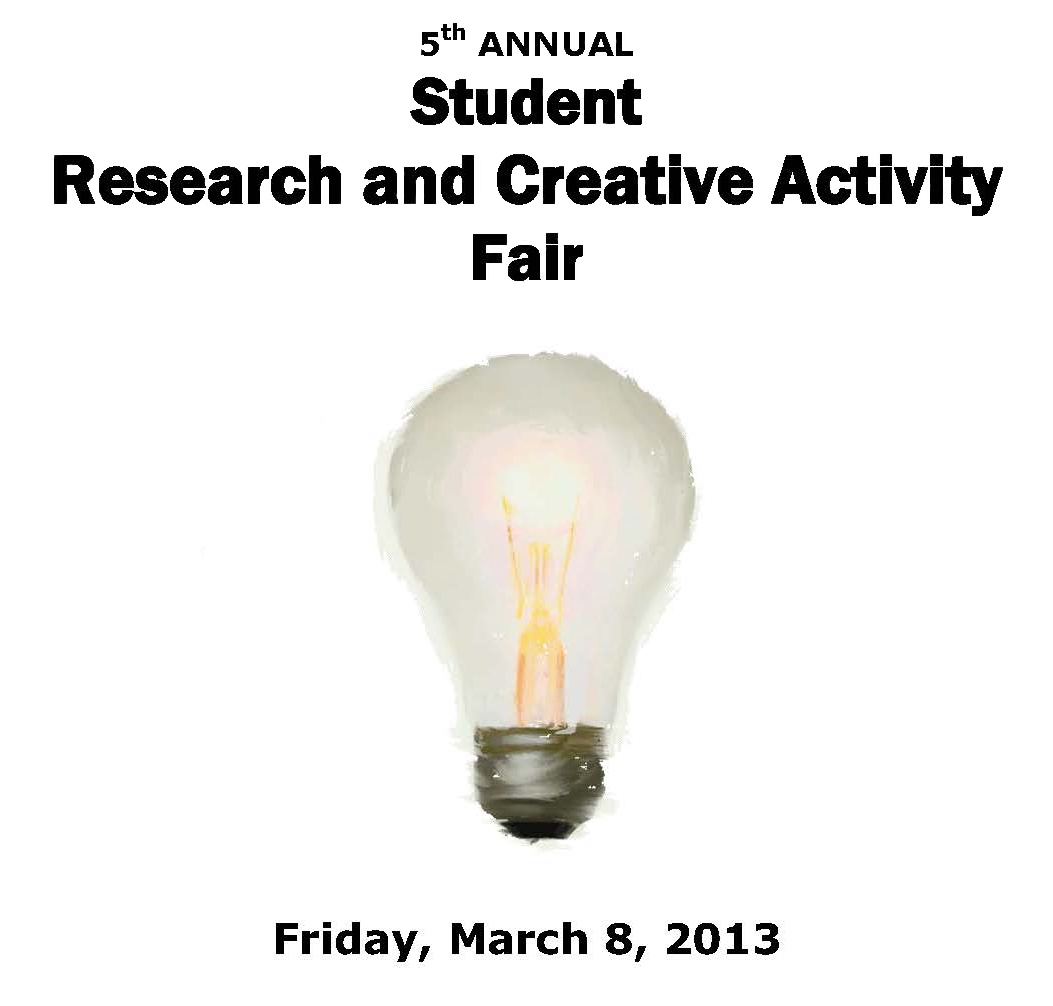
Puritan Behaviors of High School Students
Advisor Information
Gregory Petrow
Location
Milo Bail Student Center Ballroom
Presentation Type
Poster
Start Date
8-3-2013 1:00 PM
End Date
8-3-2013 4:00 PM
Abstract
American exceptionalism is a topic that has gained a lot of attention from political scientists- first noted by Alexis de Tocqueville and expanded on by Max Weber (Sanchez-Burks 921). As de Tocqueville and Weber note, this exceptionalism may have risen from America’s Puritan-Protestant foundation. Americans are just as traditional in 2000 as they were in 1981 (Uhlmann et al. 18), which indicates that there is a lasting influence of religious traditionalism on American culture. This high level of religiosity despite the economic prosperity felt by the United States seems to be unique to the United States (Uhlmann et al 10). In Puritan culture, these moral principles seeped into the political attitudes of the members of the community, setting no clear boundary between morality and politics. There are many scholars that have evaluated the Puritan’s influence on the moral consciousness of Americans, but these influences have yet to be measured in quantitative terms. We expect that with the lasting effects of Puritanical moral principles, there should be a lasting effect on the political attitudes of Americans as well. To test this hypothesis, we developed a Modern Puritan Attitudinal Scale and determined the qualitative behaviors that could be classified as Puritan and linked them to political behaviors.
Puritan Behaviors of High School Students
Milo Bail Student Center Ballroom
American exceptionalism is a topic that has gained a lot of attention from political scientists- first noted by Alexis de Tocqueville and expanded on by Max Weber (Sanchez-Burks 921). As de Tocqueville and Weber note, this exceptionalism may have risen from America’s Puritan-Protestant foundation. Americans are just as traditional in 2000 as they were in 1981 (Uhlmann et al. 18), which indicates that there is a lasting influence of religious traditionalism on American culture. This high level of religiosity despite the economic prosperity felt by the United States seems to be unique to the United States (Uhlmann et al 10). In Puritan culture, these moral principles seeped into the political attitudes of the members of the community, setting no clear boundary between morality and politics. There are many scholars that have evaluated the Puritan’s influence on the moral consciousness of Americans, but these influences have yet to be measured in quantitative terms. We expect that with the lasting effects of Puritanical moral principles, there should be a lasting effect on the political attitudes of Americans as well. To test this hypothesis, we developed a Modern Puritan Attitudinal Scale and determined the qualitative behaviors that could be classified as Puritan and linked them to political behaviors.
